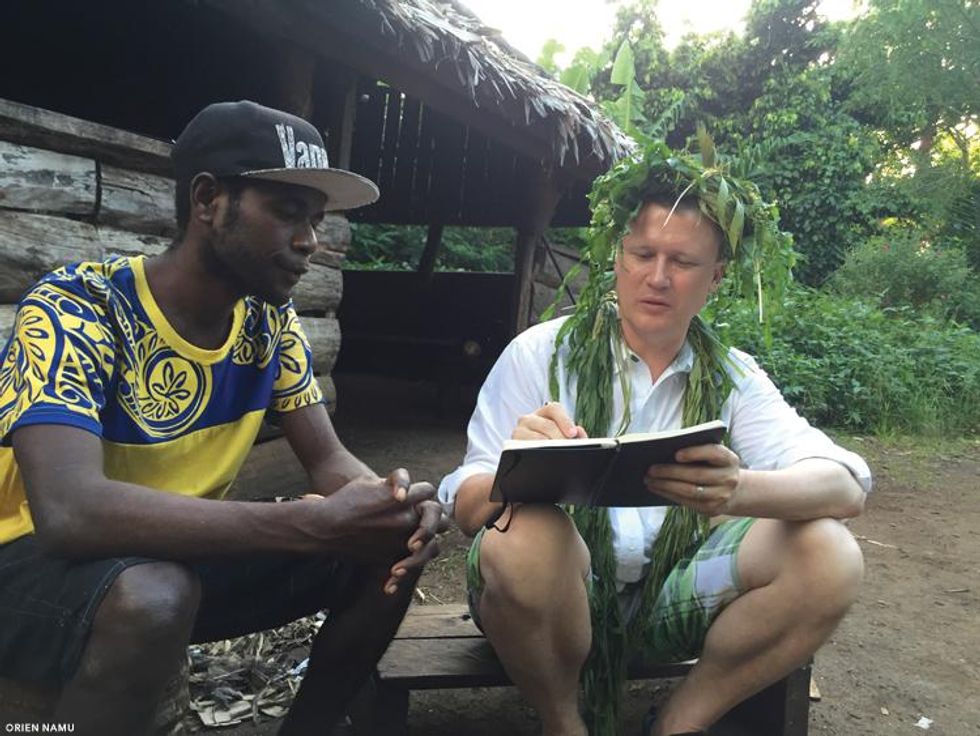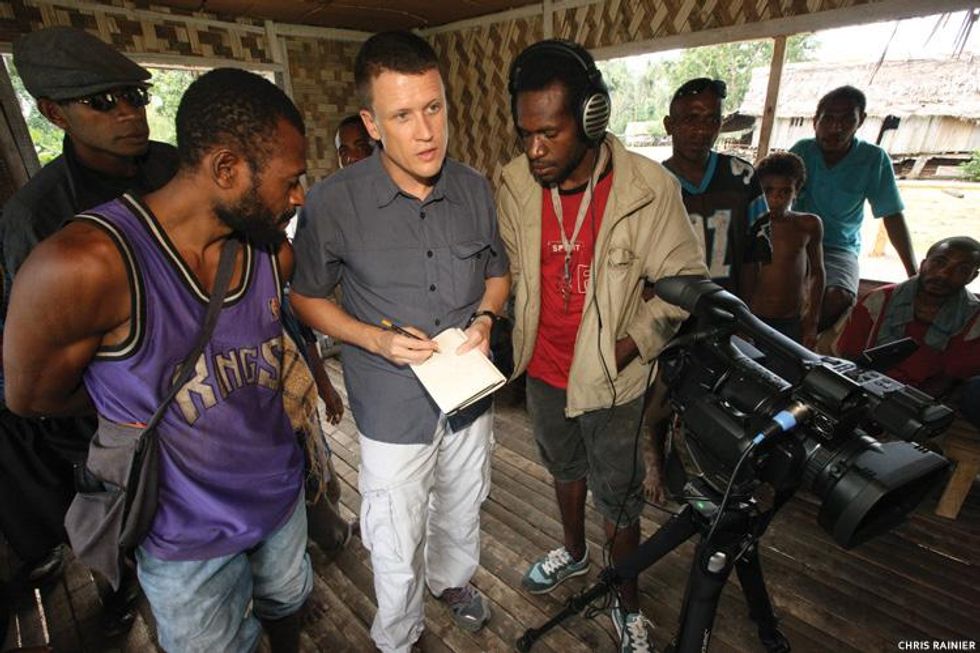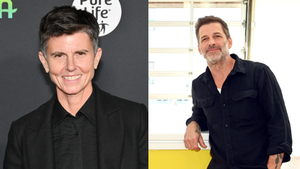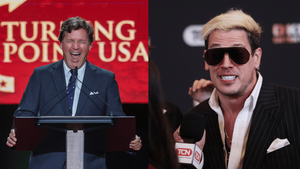This story is the winner of the NLGJA Excellence in Travel Writing Award for 2021. It originally ran in The Advocate magazine.
As a child in a deeply religious family in Tennessee, future linguist and anthropologist Dr. K. David Harrison was certain of two things.
“I knew I was gay. I knew I wanted to be an explorer,” he says.
The only problem?
“I had no idea that anybody else ticked those two boxes.”

Harrison with Chris Nevehev on Keamu Island, Vanuatu
Now Harrison has grown into the type of role model he once needed. The noted author and academic has made a career of traveling to isolated regions to study and document endangered languages. As a result of his efforts, he’s become a National Geographic Explorer and a fellow of the international, multidisciplinary Explorers Club (founded in 1904). He’s also the brains behind the club’s recent initiative seeking to bring greater visibility to LGBTQ+ explorers. As Harrison sees it, the lack of awareness isn’t for a dearth of suitable queer explorers.
“There’s a distinguished history of LGBTQ people in exploration who were not out at the time and even, in some cases, not out centuries after their death,” Harrison explains. He hopes that by increasing visibility for LGBTQ+ explorers like the 19th-century geographer Alexander von Humboldt and the late astronaut Sally Ride, the club can provide a more affirming environment for a younger generation. “I want our community to provide positive role models for young kids now to say, ‘Oh, yeah, I’m gay, and I want to be an explorer and a scientist,’” he says.
And Harrison certainly fits those identities.
“My specialization and my expertise is in studying endangered and nearly extinct languages. So I go to locations in the world where the very last speakers of [a] particular language live, and I interview them, document their knowledge,” he says.
Harrison with John Agid (left) and Hickey Willie (right) in Papua New Guinea
Harrison and Dr. Gregory D.S. Anderson pioneered the concept of language hot spots, small geographic areas that have high levels of linguistic diversity and endangerment coupled with a low level of past study and documentation. The two were featured in the 2008 documentary The Linguists, which showed them traveling to Siberia, the Andes Mountains, Native American reservations in Arizona, and boarding schools in India to better understand and document endangered languages.
Given his day job as a professor of linguistics at Swarthmore College, a position he’s held since 2001, the observation derived from the film that Harrison is “the Indiana Jones of linguistics” seems accurate. He is certainly among kindred spirits at the Explorers Club, with a membership boasting mountain climbers and astronauts.
Part of his calling to explore can be traced to his childhood with a family full of missionaries who would periodically visit and regale the young Harrison with tales of adventure from distant lands. He also mentions the isolation of growing up gay in the deeply religious South as something that spurred him to get out in the world.
“To be an anthropologist, you have to be able to step outside of your own cultural assumptions in order to appreciate other cultures, and being gay pushes you down that path,” he explains. “You didn’t choose to be different, but you’re different. You’re not accepted. You feel some alienation from your own culture; you begin looking around at other cultures with interest, curiosity, and perhaps empathy.”
Harrison says there is much to learn from isolated cultures often dismissed as primitive or not as advanced as Western societies. He specifically cites Polynesian cultures for their “sophisticated understanding of the human gender spectrum,” noting they had created an “affirming place in their societies for third-gender people to solve or break the gender binary” long before Western culture had progressed beyond a binary concept of gender.
So what does Harrison think is the value in being likened to Indiana Jones? It makes for good “promotional blurbs for the movie, probably,” he humbly allows.















































































